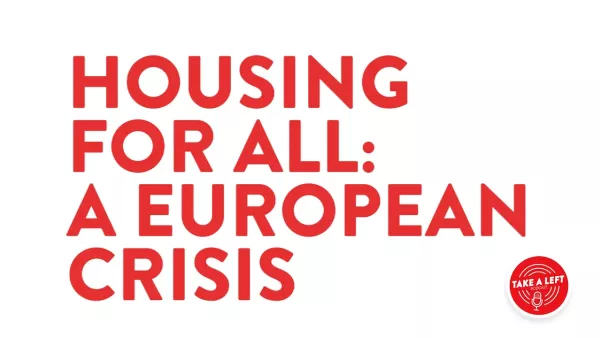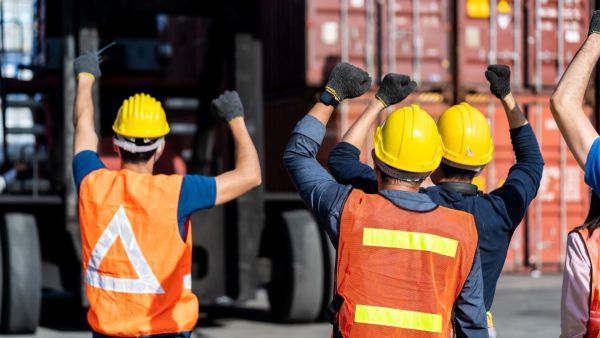Today the plenary of the European Parliament backed an ambitious report drafted by S&D MEP Miriam Dalli calling for a 40% cut of cars’ and vans’ CO2 emissions by 2030. The goal of the report is to ensure that Europe will lead the world transition towards low and zero-carbon cars instead of importing new technologies.
Despite initial opposition from the right and strong lobbying by traditional carmakers, Miriam Dalli managed to build a parliamentary majority to override the unambitious targets initially introduced by the European Commission.
Miriam Dalli said:
“Some see a trade-off between jobs and the environment. I see them as complementary to one another: if we don’t make sure that Europe is able to produce clean cars within a reasonable time frame, we will not only miss our Paris Climate Change targets but the European car industry will lag behind in the global market and jobs will be lost.
“My Group was ready to vote for a 45% reduction target, but we accepted the 40% for the sake of building a strong parliamentary majority. It would have been unreasonable to accept less. Even the Commission’s Impact Assessment states that a 40% target will create 69,000 jobs in case we still have to import batteries, and 92,000 jobs if batteries are produced in the EU. Consumers will be the ones who will benefit the most over the lifetime of their vehicles.
“However, it is estimated that around 12,000 jobs in the automotive sector across the EU may be lost with the 40% CO2 target over a period of 12 years - until 2030 - due to specific parts-suppliers no longer being needed. We also include a fair transition fund for those workers and regions that will be affected - something that the Commission did not even propose.”
S&D vice-president Kathleen Van Brempt said:
“This is a very good outcome to start negotiating with the Council. It is at the same time ambitious and realistic. It is also encouraging that a growing number of member states are also backing a 40% emissions cut.
“On the other hand, Ms. Merkel, who was once known as the Climate Chancellor, is struggling to save the German combustion engine, arguing that electrification of the European fleet would lead to job losses. What she actually will accomplish is creating jobs in China. Because this is the real discussion: Will the electric car of the future be built in Europe or in China?"
Once the Council adopts its position next week, the negotiations with the Parliament will start.
MEPs involved
Vice-president
S&D Group Bureau, International Trade, Development & Global Sustainability
DEVE, INTA, INTER-PARLIAMENTARY DELEGATIONS, ENLARGEMENT
Belgium
Related content
Find out more









